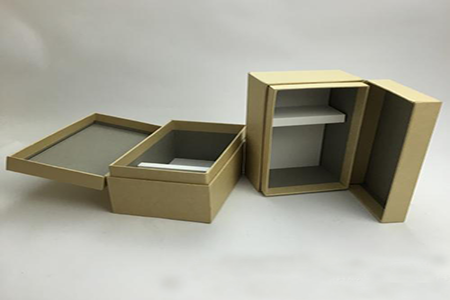Hello! Welcome tochina wine packaging-Guangzhou Zhonghui Paper PackagingOfficial website!
Hello! Welcome tochina wine packaging-Guangzhou Zhonghui Paper PackagingOfficial website!
 Source:未知Date of issue 2021-07-24 08:00
Browse:
Source:未知Date of issue 2021-07-24 08:00
Browse:
The cosmetics industry is accelerating sustainable growth. The Procter & Gamble Beauty Business Unit "Conscientious" promotes the five guiding principles of safety, quality and effectiveness, continuity, equality and inclusiveness, and transparency; L'Oréal "beauty, sharing with the public" declares every link in the value chain from R&D to operation The strategic commitment of Shiseido's “Meticulous Innovation to Make the World Better” focuses on sustainable development in the three fields of environment, society, and culture... However, the reality opposite to the trend is that challenges are equal to opportunities, and the growth path of the cosmetics industry is full of many Obstacle factors, sustainable packaging is one of them.

Need for a more mature material recycling system. In the past 10 years, more and more packaging manufacturers have joined the ranks of practicing "3R" (Reuse recycling, Reduce energy saving and emission reduction, Recycle recycling), but in While factory production technology advances and concepts are updated, the sustainable packaging industry still faces an unavoidable pain point-most of the recyclable packaging is not recycled. The imperfection of the recycling system causes a certain scale of resources to be wasted or polluted, and remanufacturing costs increase. Take plastic packaging as an example: Only 9% of the plastic products produced in the world are recycled (United Nations survey data in 2018). About 90% of the world’s waste plastic goes to the ocean (a report by Standard & Poor’s research company Trucost) to produce the same amount of PET , It takes nearly 80% more energy to make from virgin materials refined from petroleum than from recycled plastics (New Retail Business Review). Back to China, after the introduction of the plastic restriction order and garbage classification regulations, although the overall domestic plastics The recycling situation has improved, but there is still room for improvement in the recycling rate of waste with a high degree of recyclability.
About 30 million tons of recycled waste plastics are used throughout the country each year, accounting for more than 30% of plastic consumption. Among them, the recycling rate of EPS plastic (foamed plastic) reaches about 90% (data from China Plastics Processing Industry Association). The degree of recyclability of plastic waste varies depending on the composition. For example, PET in plastic bottles can be better shredded, melted, and reprocessed for use in other products, but EPS foam plastics require more complicated processing (the Greenpeace research result) in addition to recycling from garbage to improve the With the recycling rate of recycled materials, cosmetics stores have become another recycling channel to be tapped. Many brands have set up a packaging recycling mechanism, reusing empty bottles or transforming them for scenarios that require lower levels of plastic particles. Innisfree uses the words on the bottles to encourage consumers to bring empty bottles back to the store, and turn the empty bottles into new product packaging and decorative objects after cleaning. As of 2018, 1,736 tons of empty bottles have been recovered.
 A sweep is more wonderful!
A sweep is more wonderful!
Copyright © 2021-2023 易搜无忧 Copyright
National Service Hotline:13808865669 Landline:020-82784272
Address:No.4, 10th Road, Pacific Industrial Zone, Xintang, Zengcheng District, Guangzhou